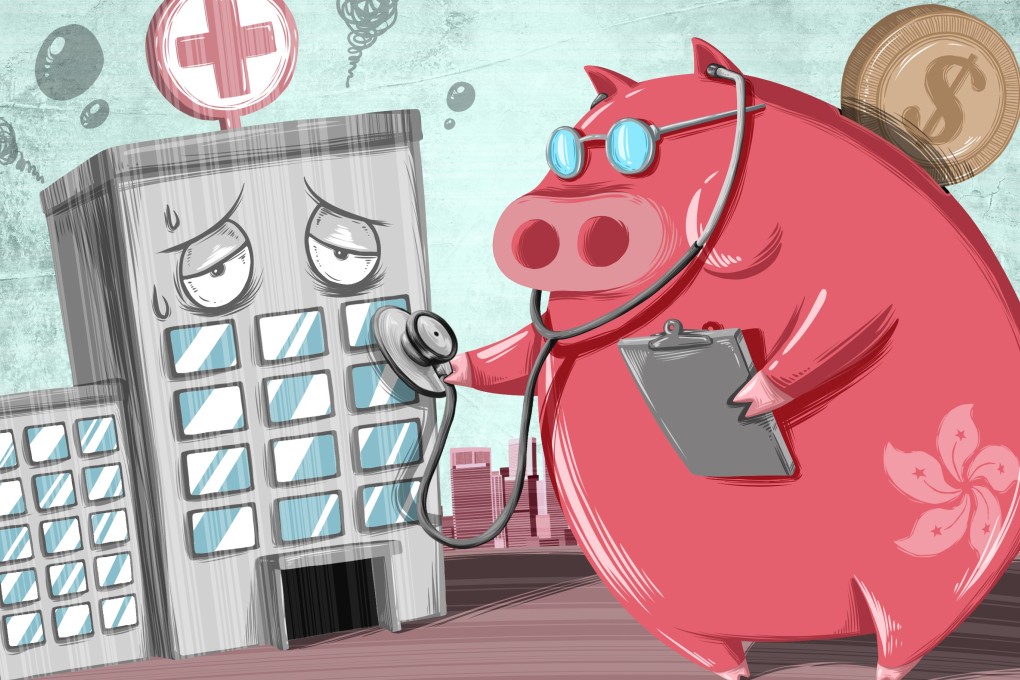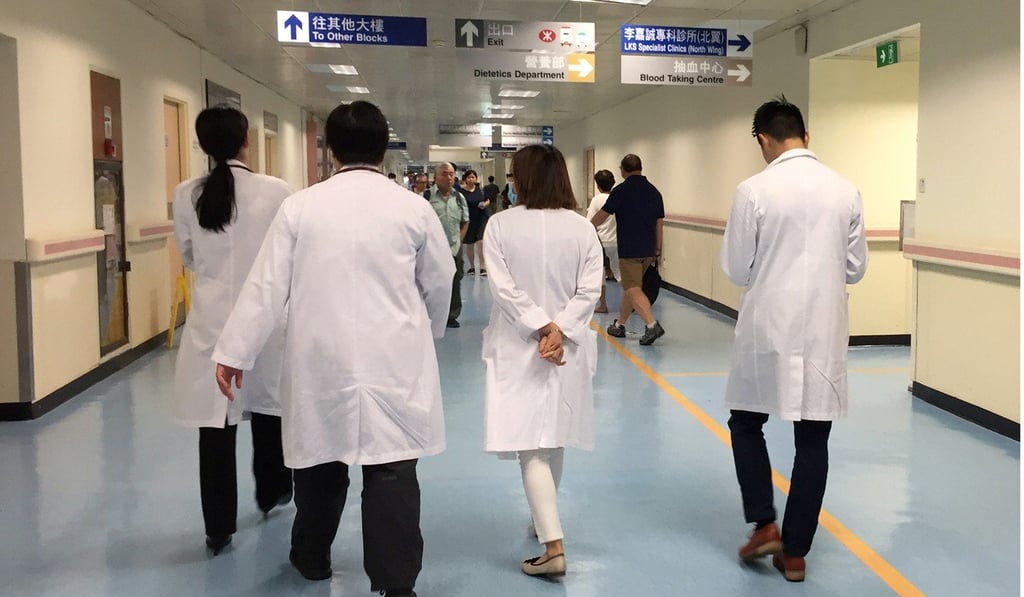Hong Kong’s health care system is teetering on the brink. What’s wrong with it, what can be done to fix it and will the budget provide some answers?
- Financial Secretary Paul Chan delivers his third budget for Hong Kong on Wednesday
- In the second of a three-part series on the spending plan, we look at the issues surrounding the city’s public health care system

Financial Secretary Paul Chan Mo-po delivers his third budget for Hong Kong on Wednesday. The government has seen its coffers fall by two-thirds, with this year’s surplus projected to be HK$40 billion. In the second of a three-part series on the budget, we look at the issues surrounding the city’s public health care system.
A person with cataracts can expect to wait 162 weeks to see an eye specialist at a hospital in the Kowloon East area of Hong Kong.
To see an orthopaedic specialist in Kowloon West, the waiting time for the first appointment is even longer, at 166 weeks.
And when these patients finally see a doctor, the visit is likely to last just a few minutes, because of the never-ending queue outside.
The city’s public health care system appears to be stretched like never before.

Against that backdrop, all eyes are on Wednesday’s budget speech to see if Financial Secretary Paul Chan Mo-po will propose a remedy to the long-standing problem.